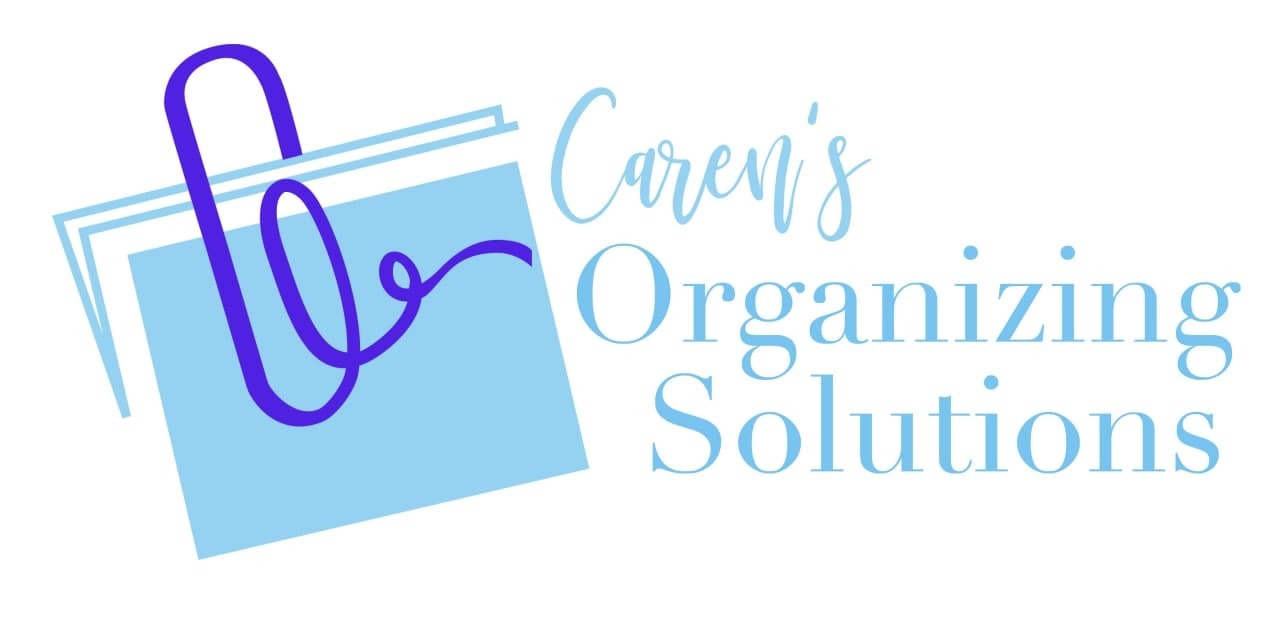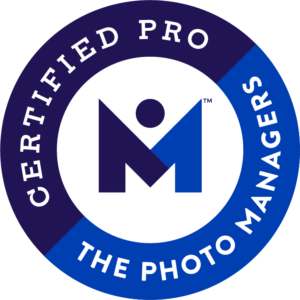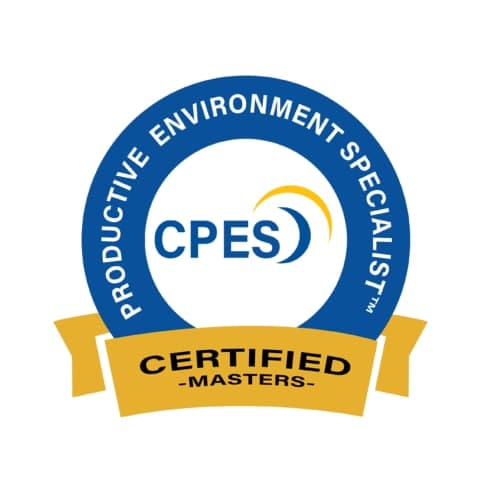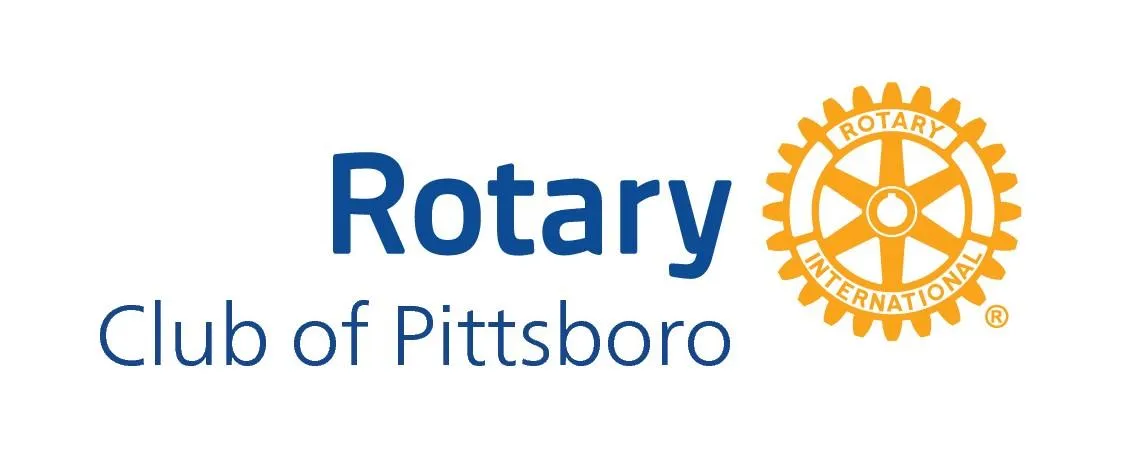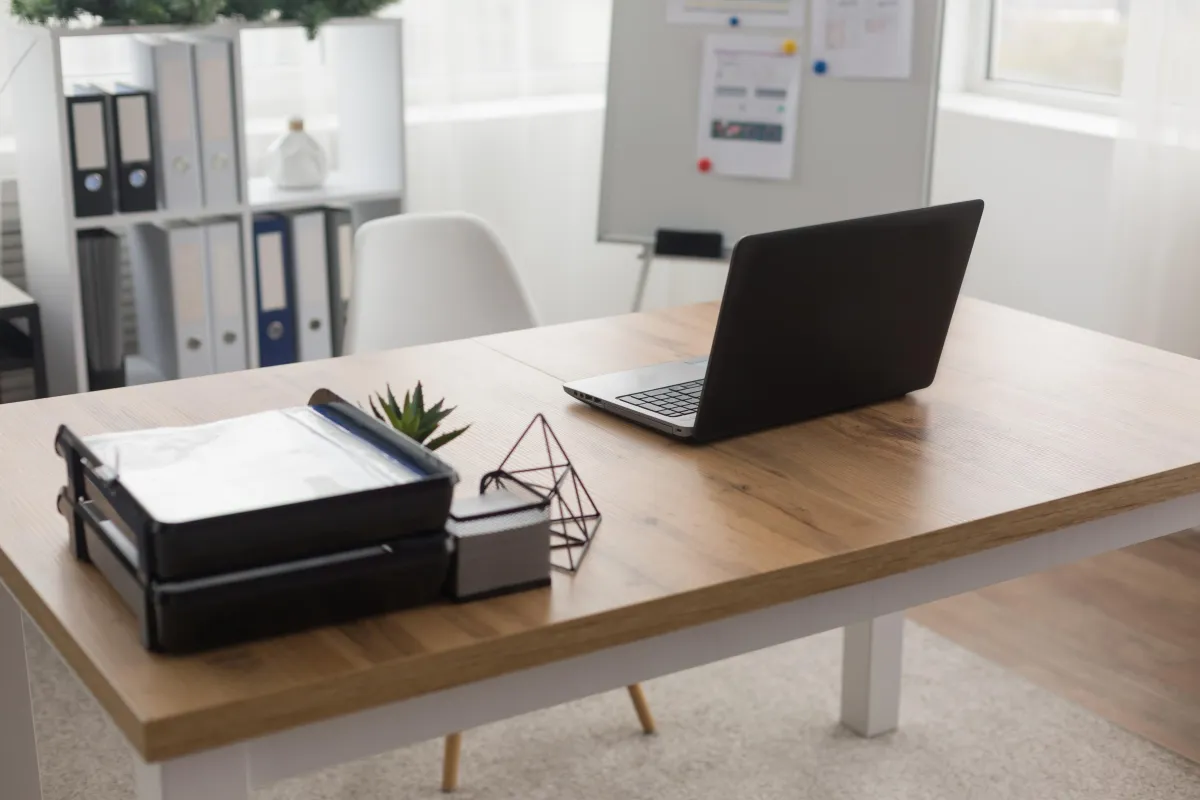
10 Organizing Tips for the New Year
“Clutter is postoned decisions.” - Barbara Hemphill
10 Organizing Tips for the New Year
One of the most common new year's resolutions is to get organized. Here are 10 tips to help you get started.
1. Identify one clutter-free zone and start there. This is a space that when it is neat and organized, it makes you feel good. Don’t try to do everything at once.
2. Identify the vision for your space. What do you want it to look like? How do you want to feel when you walk into it?
3. Don’t buy any organizing containers until you have completed sorting and organizing your space. You may find containers that you can reuse or you may decide that you don’t want or don’t need containers in a particular space.
4. Before you start organizing an area, pull everything out so that you can see what you have. Sort the items into different categories and decide if you want to keep everything. For items you don’t want to keep, decide if they can be donated or just tossed. You can keep anything you want to as long as you are willing to pay the price in space, time, money and energy.
5. If you are keeping something for sentimental reasons then use it or display it. Don’t keep it hidden away in a cabinet or closet or the garage.
6. There are only three decisions that you need to make about any piece of paper or information that comes into your office or your home – to file it, to act on it, or to toss or shred it. If it is something that you need to act on, either enter it into your calendar and put it into an “Action” folder or take the time right then and now to complete the action. If it is something to be filed, put it into a “To File” folder and then schedule time on your calendar to file everything.
7. Have a designated place to put papers that come into your office or home. Then schedule time to go through them and make the file-act-toss decisions.
8. Break your organizing sessions into small chunks of time – such as 25 minutes. Set a timer and only work on a designated area for that amount of time. Remember the file-act-toss methodology as you are organizing. If you find something that needs to go to another location, put it into a pile or bin and then distribute those items later.
9. When deciding to keep a piece of information, ask yourself the following questions:
Does it require action?
Can I identify a specific use for it?
Is it difficult to obtain again? Can I find it somewhere on the internet?
Is it recent enough to be useful?
Are there tax or legal implications?
What is the worst thing that can happen without it?
10. Celebrate your successes, no matter how small. And, enjoy your new space!
For more help with decluttering and organizing, visit my website at www.carenosborne.com.
